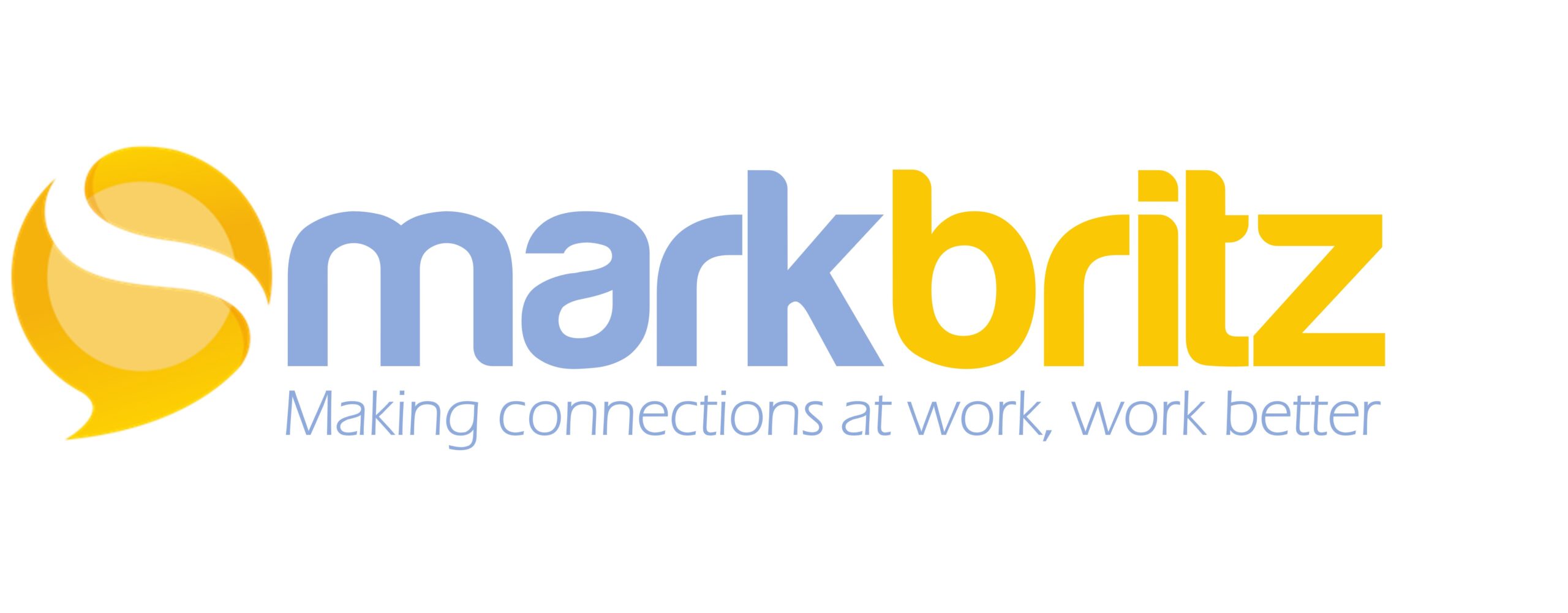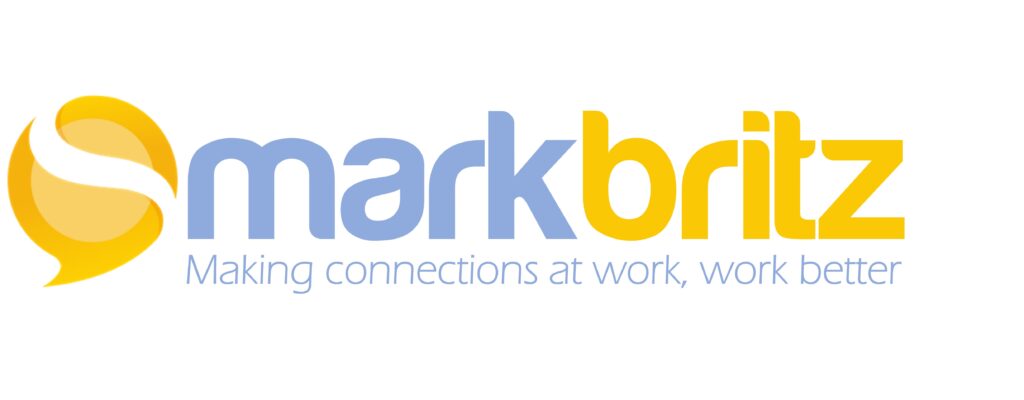I’ve been thinking more and more about the words we choose and the connotations they drive.
A few years ago Cognitive Linguist George Lakoff wrote a book called Don’t Think of an Elephant which speaks of how politicians leverage language to control the debate. He uses examples like “Tax Relief” where support of lower taxes (on the wealthy) can be more easily justified if we place the connotation in people’s minds that taxes are a bad thing by indicating we need relief. Also, naming a law the “Patriot Act” in a time of crisis makes it much easier to vote for regardless of the fact that some of the provisions of that law may be quite intrusive for many Americans. My favorite however is how he breaks down the “Gay Marriage” issue. By framing the debate around homosexuality and the “institution” of marriage many politicians have gained support for initiatives that, for many, basically means allowing the Government to determine who you can and cannot marry. Scary thought, eh?
Recently Harold Jarche shared a link on Twitter to a post by Dan Pontefract titled “Call it Collaboration, not Enterprise 2.0 or Social Business” In this post Dan is speaking about the language we choose (maybe a form of edu-speak) that disconnects us from the business leaders.
I agree and empathize with Dan when he says:
Not only is it not sticking or resonating, its downright distancing learning professionals from the C-suite. To an exec focused on the bottom line, we are mumbo-jumbo speaking shaman when we use this lingo at the strategic level…
 But allow me to take this down a bit further and say we are not helping ourselves at the tactical level either.
But allow me to take this down a bit further and say we are not helping ourselves at the tactical level either.
It may resonate in one circle when you refer to your PLN as tweeps, but in another (the folks who basically pay your mortgage) you likely equate to a counter-culture hippie during the 60’s.
Recently a higher executive (who knows and acknowledges my belief in social learning) sarcastically remarked upon hearing my phone chirp; “Just get a tweet?”
At a basic level, yes…yes I did just get a Tweet. but the content of that Tweet was a response and a link to a specific request I made to a prominent expert in Europe regarding the use of QR codes in learning. Which, if we employed, would help to extend learning opportunities to our most mobile employees giving them JIT access to performance supporting resources which ultimately would enable them to do improve their coaching ability. i.e. a major business impact!
But my simplistic acknowledgement of it as a “Tweet”, recognizing only the vehicle used to carry the communication, reduced its importance drastically.
Two years ago I spoke at a local conference and shared this Newsweek article, Don’t Tweet on Me, with the participants. In it, the author states that “Twitter has become a playground for imbeciles, skeevy marketers, D-list celebrity half-wits, and pathetic attention seekers.”
OK, we all know that this isn’t the complete story but guess what? That is the perception and I find that beyond the professional circle I move in, a circle with folks of great intelligence, this is STILL the prevalent belief. Perception is Reality.
So, what are you talking about? Are you Tweeting? Blogging? Texting? Networking? on a Wiki? watching You Tube? etc…
Or
Are you Researching? Validating? Reading? Testing? Connecting with experts? Collaborating? Observing?
Knowing your audience is a fundamental rule for designers and presenters. We need to show we know our audience in the c-suite too when using and promoting collaborative media and work to reframe the language.

